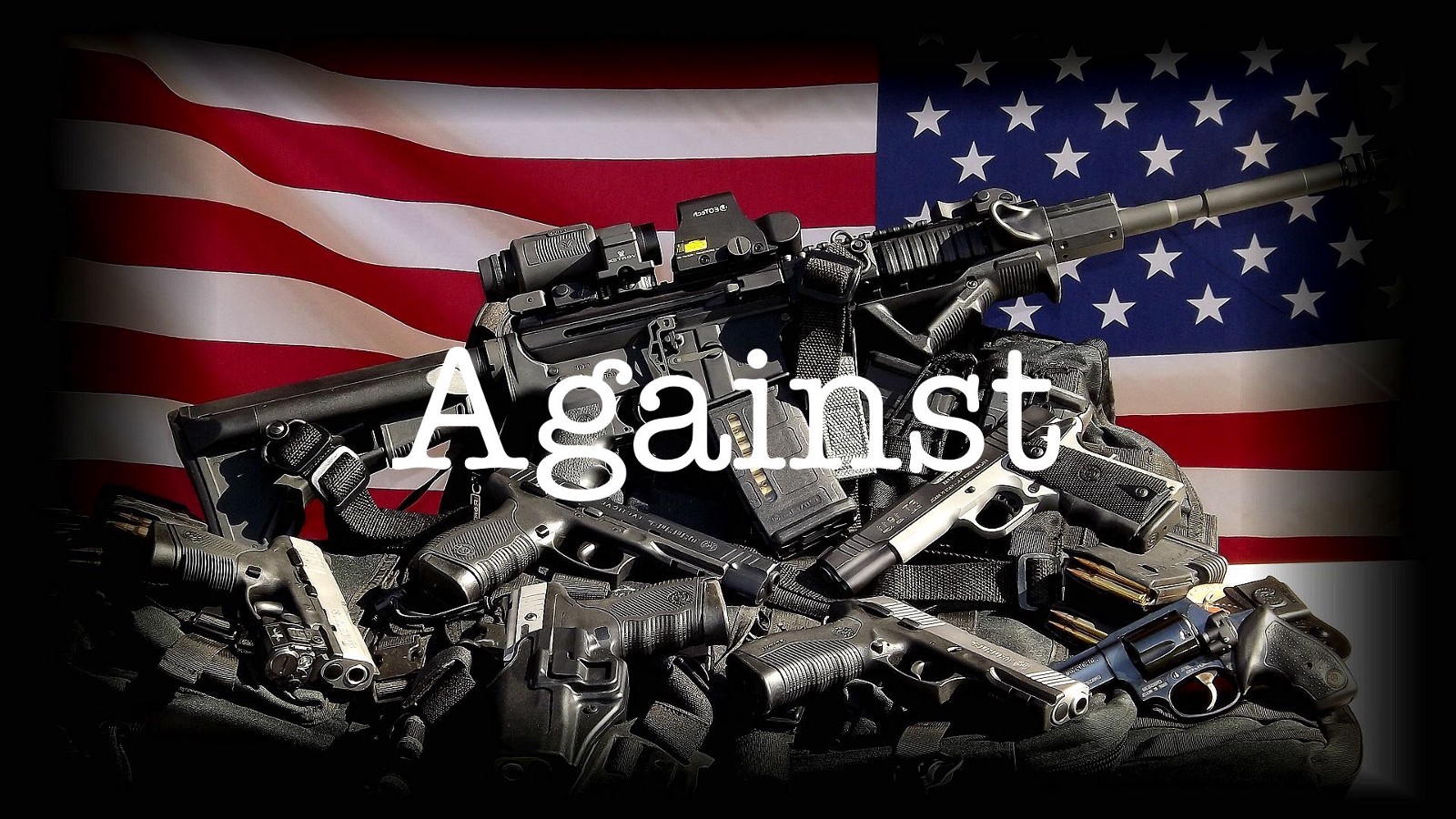
Following the tragic school shooting early last year at Parkland and an unprecedented wave of public activism, we have seen new gun control laws take effect at a faster rate than they ever have before all over the country.
At the Federal level, we saw President Trump direct the United States Department of Justice to prohibit the possession and sale of bump stocks while also signing into law the Fix NICS program.
But at the state level in particular, we have seen even more restrictions become law and put in place… including in several states with Republican governors and legislatures.
In this article, we will go over the most significant gun bills that became laws in states last year.
Here is the latest gun control laws that we have seen occur by state, presented in alphabetical order:
California
California’s gun control laws were among the strictest in the country if not the strictest already. The state outlaws the sale of all firearms listed on the California Department of Justice’s list of classified ‘assault weapons’ such as the AR-15, prohibits the selling of magazines that hold more than ten rounds, only allows the selling of handguns on the California DoJ’s roster of ‘approved handguns,’ has a ten day waiting period for firearm sales, and has set very strict laws regarding concealed carry and the transportation of firearms to name a few other things.
That being said, they became even tougher in late September of last year.Democratic Governor Jerry Brown signed a number of new gun control bills into law then, while simultaneously vetoing a couple of others. Now that the bills have been officially signed and officially became law in January 1st of 2019, we can more carefully analyze exactly what these bills do and the implications that they will hold for the future of Californian gun owners.
The most notable of the bills that Governor Brown signed into law include the following:
- Raising the age limit to legally purchase a rifle or shotgun in California from 18-21, with exemptions for those in the military and law enforcement
- Ban firearm ownership for life for any California resident convicted of specific domestic violence misdemeanors
- Ban firearm ownership for life for California residents who have been in a mental hospital for over a year
- Require a minimum of eight hours of gun safety training for applicants of a California CCW (concealed carry weapons) license
- Require California law enforcement agencies to insert information on stolen or lost firearms into a statewide database a maximum of one week after the firearm was reported lost or stolen
Governor Brown also vetoed a piece of legislation (AB 2888), which would have allowed employers, co-workers, and school personnel to request that law enforcement confiscate firearms from those they believed to be a threat to themselves or to others.
In a written statement, Brown argued that the bill was unnecessary because under current California law immediate family members are already allowed to request a firearms restraining order from law enforcement, and that those family members would be better informed to request a firearms restraining order for a specific person.
Another gun control bill that Governor Brown vetoed Bill 1177, which would have prohibited any California resident from making more than one application to purchase a firearm every thirty days.
Florida
Following immense public pressure following the Marjory-Stoneman Douglas High School shooting in February of 2018, the then Governor of Florida, Rick Scott, signed into a law a number of bills that passed the GOP-controlled legislature, including raising the age limit to buy semi-automatic rifles to 21, prohibiting bump stocks in the state, and instituting a three day waiting period for the sale of any firearm.
Maryland
Maryland is one of the bluest states in the country, but it also has a Republican governor in the form of Larry Hogan.
Nonetheless, Governor Hogan signed a number of new gun control bills into law in the state back in April of last year.
Among the bills signed was a ban on bump stocks in the state, revoking gun ownership rights for residents convicted of domestic violence, and installing extreme risk protection orders in the state.
New Jersey
In New Jersey, a ban on bump stocks was implemented by Democratic Governor Phil Murphy, in addition to expanding background checks, a ban on magazines that hold more than ten rounds, and implementing extreme risk protection orders.
A risk protection order, also known as a red flag law, essentially allows a law enforcement agency to obtain a court order to temporarily restrict the access of a designated individual to firearms for a certain length of time. It also enables people, such as educators, medical professionals, or relatives or close friends to obtain court orders against people who are deemed to be a threat to themselves or others as well.
Vermont
As with Maryland, Vermont is a deep blue state with a Republican governor (Phil Scott).
Nonetheless, Governor Scott has been an advocate for gun control, and proved it when he signed into law a ban on magazines that hold more than ten rounds in the state, a ban on bump stocks, expanding background checks, and implementing domestic violence restrictions.
As we can clearly see, just because a state has a Republican-controlled government does not necessarily mean that that state will not be subject to receiving new gun control laws.
And furthermore, none of this means that we can expect to see no new gun control bills be turned into law for this year as well.




















